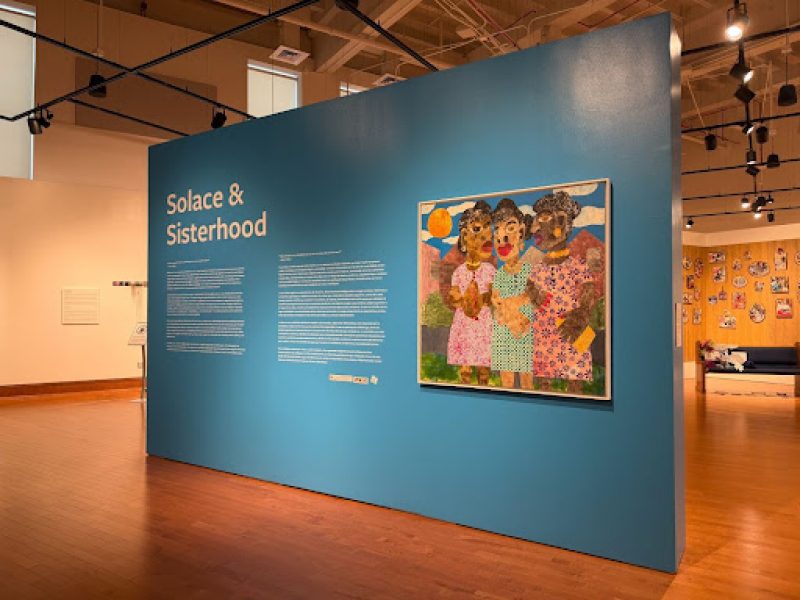The Recording Academy released the nominations for the 2018 Grammys last week. One of the biggest takeaways was that no white male solo artists were nominated for album of the year, the first time in almost two decades.
The last time this happened was in 1999. Lauryn Hill, Shania Twain, Sheryl Crow, Madonna and the rock band Garage made up the category.
This year’s inclusion of more black artists has been celebrated, but the nominations feel like pandering and a decision overrun with insincerity. To be frank, the Grammys (and other award shows like the Oscars) have never truly appreciated black art.
Some context: In short, the last few Grammys were a mess. Last year, Adele’s 25 won album of the year despite the wave of positive criticism and cultural impact of Beyoncé’s remarkable Lemonade. Adele herself felt undeserving: “What the fuck does she have to do to win album of the year? That’s how I feel,”she said.
In 2014, Kendrick Lamar’s To Pimp a Butterfly, which is quite possibly the most ambitious, intricate and well-executed album in decades, had 11 nominations. The Compton rapper took home five, but Macklemore’s The Heist won best rap album over Lamar. Ask your fellow neighbors if they have ever or since listened to that album. Meanwhile, To Pimp a Butterfly is a Harvard Library archive and has been deemed an “instant classic” by publications, professors and probably your local mailman, too.
Macklemore, like Adele, acknowledged the snub. “You got robbed. I wanted you to win,” the rapper said to Lamar in a text message the night of the event.
It can be argued that 2017 was simply a great year for black music. Well, so were the many years before this one.
The Grammys have nominated black artists many times, but the awards have always skirted past them: Nicki Minaj has 10 nominations, while Nas and Busta Rhymes have 11. Brian McKnight and Snoop Dogg have a whopping 16 and 17 nominations, respectively. None of these five artists have received a Grammy.
The good thing about The Recording Academy’s sudden change of heart is that black artists get a chance to further their platforms. It cannot be denied that nominees such as Goldlink, SZA, Childish Gambino, Kendrick Lamar, Rapsody, Jay-Z, Lil Uzi Vert and more, had some of the best music of the year. And within black music, trap has specifically been shunned, so seeing Cardi B and Migos up for consideration is comforting.
To be clear, the Recording Academy diversifying their nominees is a good thing. Yet, we are also living in the year where hip-hop is the most popular genre in America for the first time ever, so their timing is just awfully convenient.



